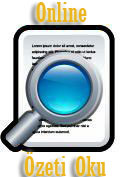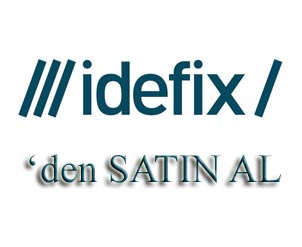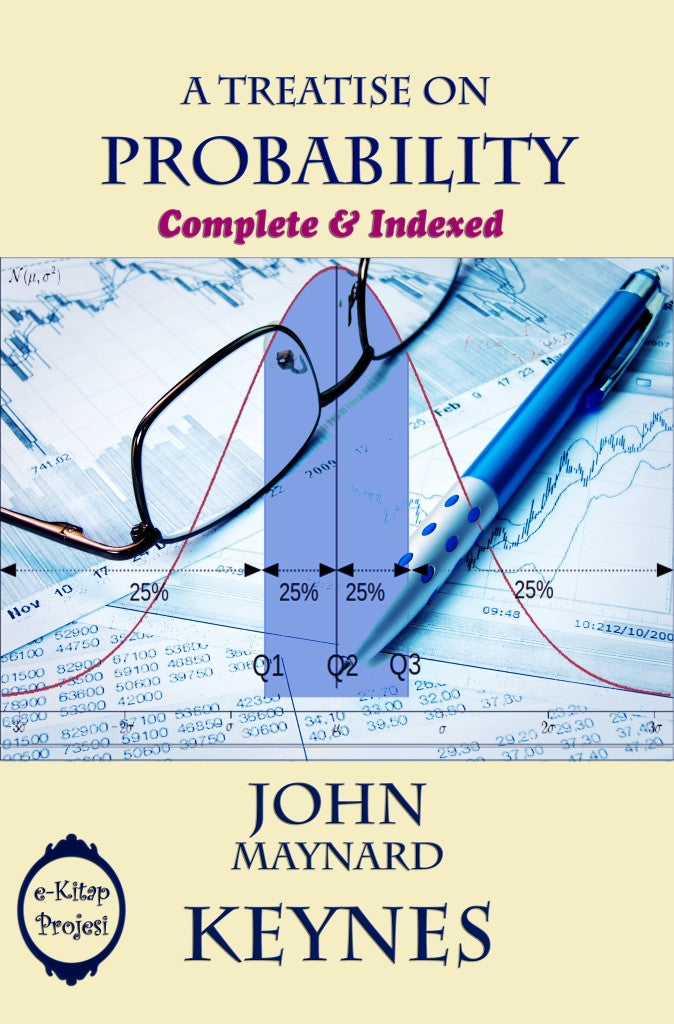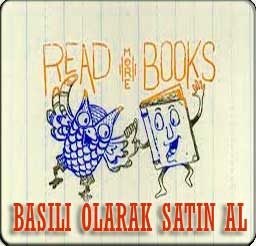A Treatise on Probability
14.99 TL
It may be perceived that I have been much influenced by W. E. Johnson, G. E. Moore, and Bertrand Russell, that is to say by Cambridge, which, with great debts to the writers of Continental Europe, yet continues in direct succession the English tradition of Locke and Berkeley and Hume, of Mill and Sidgwick, who, in spite of their divergences of doctrine, are united in a preference for what is matter of fact, and have conceived their subject as a branch rather of science than of the creative imagination, prose writers, hoping to be understood.
J. M. KEYNES. King’s College, Cambridge
 |
|
 |
 |
“J’ai dit plus d’une fois qu’il faudrait une nouvelle espèce de logique, qui traiteroit des degrés de Probabilité.”—Leibniz.
1. Part of our knowledge we obtain direct; and part by argument. The Theory of Probability is concerned with that part which we obtain by argument, and it treats of the different degrees in which the results so obtained are conclusive or inconclusive. In most branches of academic logic, such as the theory of the syllogism or the geometry of ideal space, all the arguments aim at demonstrative certainty. They claim to be conclusive. But many other arguments are rational and claim some weight without pretending to be certain. In Metaphysics, in Science, and in Conduct, most of the arguments, upon which we habitually base our rational beliefs, are admitted to be inconclusive in a greater or less degree. Thus for a philosophical treatment of these branches of knowledge, the study of probability is required.
The subject matter of this book was first broached in the brain of Leibniz, who, in the dissertation, written in his twenty-third year, on the mode of electing the kings of Poland, conceived of Probability as a branch of Logic. A few years before, “un problème,” in the words of Poisson, “proposé à un austère janséniste par un homme du monde, a été l’origine du calcul des probabilitiés.” In the intervening centuries the algebraical exercises, in which the Chevalier de la Méré interested Pascal, have so far predominated in the learned world over the profounder enquiries of the philosopher into those processes of human faculty which, by determining reasonable preference, guide our choice, that Probability is oftener reckoned with Mathematics than with Logic. There is much here, therefore, which is novel and, being novel, unsifted, inaccurate, or deficient. I propound my systematic conception of this subject for criticism and enlargement at the hand of others, doubtful whether I myself am likely to get much further, by waiting longer, with a work, which, beginning as a Fellowship Dissertation, and interrupted by the war, has already extended over many years.
The course which the history of thought has led Logic to follow has encouraged the view that doubtful arguments are not within its scope. But in the actual exercise of reason we do not wait on certainty, or doom it irrational to depend on a doubtful argument. If logic investigates the general principles of valid thought, the study of arguments, to which it is rational to attach some weight, is as much a part of it as the study of those which are demonstrative.
2. The terms certain and probable describe the various degrees of rational belief about a proposition which different amounts of knowledge authorise us to entertain. All propositions are true or false, but the knowledge we have of them depends on our circumstances; and while it is often convenient to speak of propositions as certain or probable, this expresses strictly a relationship in which they stand to a corpus of knowledge, actual or hypothetical, and not a characteristic of the propositions in themselves. A proposition is capable at the same time of varying degrees of this relationship, depending upon the knowledge to which it is related, so that it is without significance to call a proposition probable unless we specify the knowledge to which we are relating it.








Bu ürünü Arkadaşlarınla Paylaş: